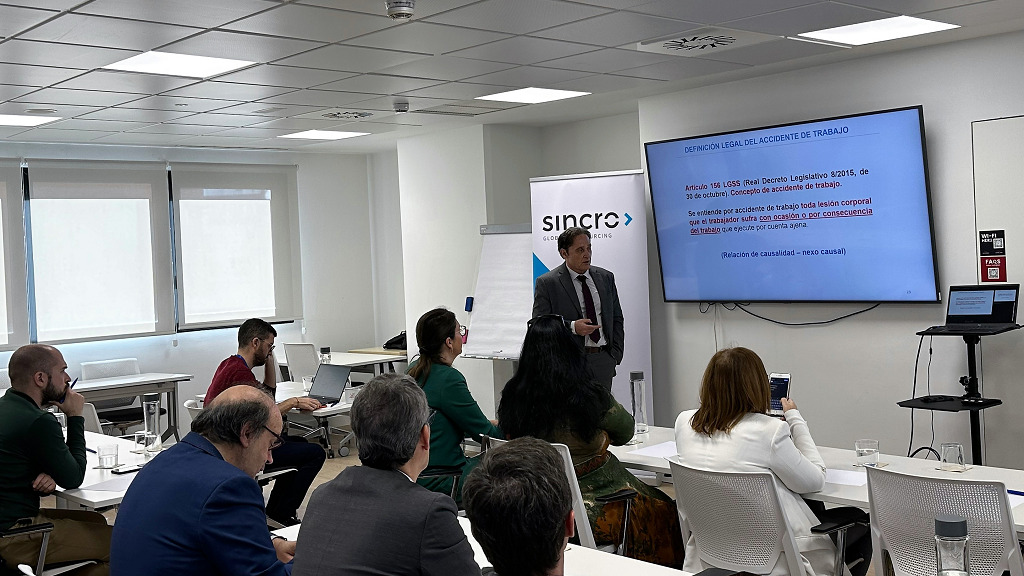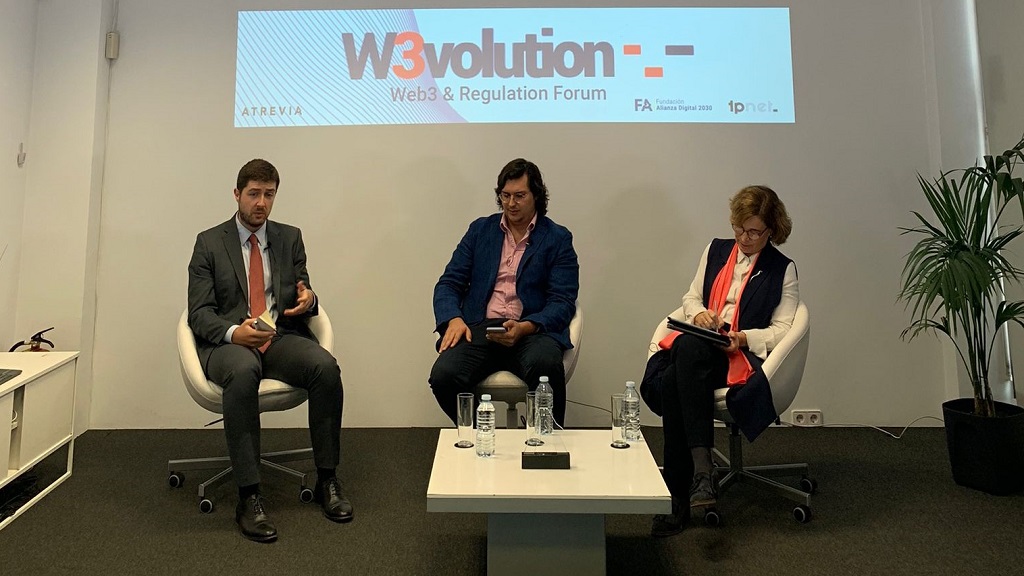
The consultant syncroGO I have celebrated a new day of his talks, SynchroGO Smart Talks, in which it was discussed how teleworking is being “played” in the courts, around different poles. Despite the short journey of Law 10/2021, the conflict in the Social courts is still very high. There are many sources of problems: the consideration or not as an occupational accident in cases of remote work, requests for teleworking under the protection of art. ET 34.8 (request to adapt working hours), dismissals (for poor performance, for disconnecting, for abusing teleworking…) and other issues, such as the clauses of remote work agreements or information security.
In terms of employment and strategic management of people, Estela Martín, SincroGO lawyer, has commented: «We already have a wide range of cases in the social courts around all kinds of issues related to teleworking, from the formalization of remote work agreements and which clauses must be declared null, to issues such as confidentiality and security or incidents computing and whether or not they are working time, requests for teleworking under art. 34.8 of the ET, where the conflict is especially high, to dismissals (for disconnecting from teleworking, for abusing teleworking, for disobedience…)”.
Over the remote work agreements (ATD)While waiting for the Supreme Court, Estela has recalled the two relevant sentences of the National Court (SAN 10.11.22 and 22.03.22). Among other aspects, it determines the nullity clauses like these:
- Compensation and amount of expenses. The clause by which the company provides that teleworking expenses will not be paid is null and void.
- Even if the agreement does not provide anything, you have to compensate the expenses (pay an amount). Law 10/2021 is very clear in this regard.
- Mail and/or personal phone. The clause that obliges a worker to provide his personal email / mobile phone for teleworking is null and void.
- Digital disconnection. There is no generic exception, without detailing exceptional circumstances where the right to disconnection does not operate. In this sense (and regardless of the sentence), it must be remembered that all companies are obliged to prepare a digital disconnection protocol / plan.
- Reversibility exercise. The exercise of reversibility operates in favor of the company and the worker. Therefore, there is no room for a clause where only the company can exercise reversibility.
However, yes it has been declared lawful the clause by which a company reserves its right to deduct from the settlement the amount of the means provided to the worker to telework if he does not return them.
Teleworking and accident at work
Likewise, the casuistry and problems surrounding whether or not it is considered an accident at work in cases of remote work have been addressed by Carlos Serradilla Enciso, Territorial Legal Director of Mutua Universal. In his speech, Serradilla Enciso commented, among others, on the following points:
- The no specific regulation on the concept of accident at work in teleworking generates enormous legal uncertainty. The legislator has lost a great opportunity to have regulated this matter adequately and giving companies and workers a framework of certainty.
- As to risk assessment in the workplace In teleworking, the planning should only reach the area authorized for the provision of services and the visit of a prevention technician to the worker’s home, requires the express permission of the worker.
- In the formalization of remote work agreements, When considering whether or not we are facing an accident at work, the key factors are the schedule, the remote workplace chosen for the development of the activity and the means of business control of the activity. Coupled with this, it will also be decisive whether or not (and how) a risk assessment has been done in the position.
Finally, Javier Martínez, SincroGO tax advisorhas outlined the most important issues that both companies and workers must take into account in the fiscal and tax field.
- What happens if both the company and the worker are tax residents in Spain. In this case, the worker will present your personal income tax return, in the place of your fiscal residence for your worldwide income and the income obtained from the company will be subject to withholding.
- What happens if the company is a resident and the worker travels abroad to telework. It is understood that the income is obtained from work carried out abroad, so it will not be taxed in Spain nor will it be subject to withholding in Spain. (not considered tax resident in Spain).
- The company is not resident in Spain and the worker decides to go to Spain to telework. He will be considered a tax resident in Spain and will be taxed on his worldwide income, including the income received from the foreign company.



